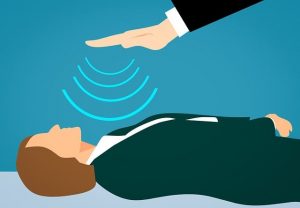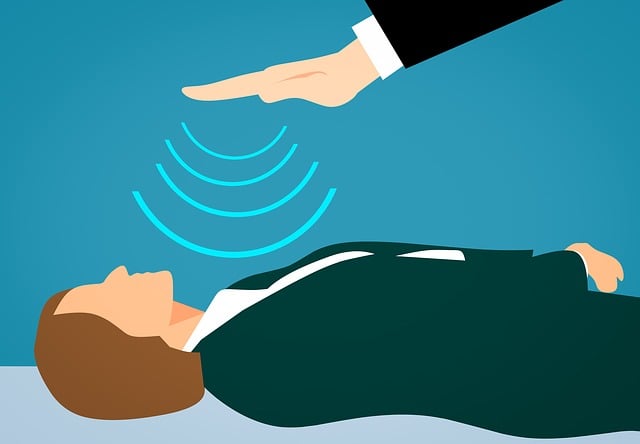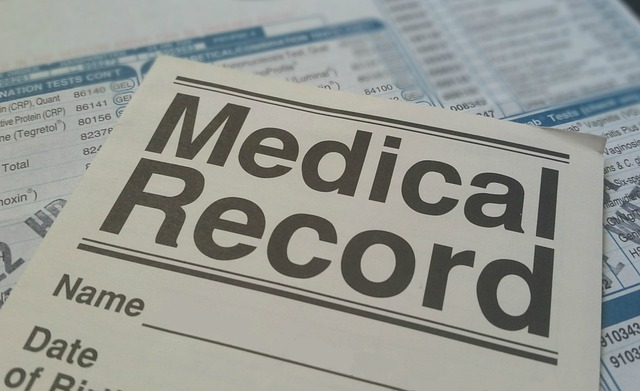Post-surgery recovery is a crucial aspect of any surgical procedure. It is the period when the body heals and regains its strength after undergoing a traumatic experience. The recovery process can be challenging, but it is essential to follow the instructions given by your doctor to ensure a smooth and successful recovery.
In this article, we will discuss the various aspects of post-surgery recovery, including pre-surgery preparation, post-surgery care, pain management, diet and nutrition, exercise and activity, mental health and stress management, and follow-up care and monitoring.
Pre-Surgery Preparation
 Preparing for surgery is just as important as the surgery itself. It involves both physical and mental preparation to ensure that your body is in the best possible condition to undergo the procedure. Mentally preparing for surgery involves reducing anxiety levels by talking to your doctor about any concerns you may have. You can also practice relaxation techniques such as deep breathing exercises or meditation.
Preparing for surgery is just as important as the surgery itself. It involves both physical and mental preparation to ensure that your body is in the best possible condition to undergo the procedure. Mentally preparing for surgery involves reducing anxiety levels by talking to your doctor about any concerns you may have. You can also practice relaxation techniques such as deep breathing exercises or meditation.
Physical preparation involves following your doctor’s instructions regarding diet and medication before surgery. You may be required to fast for a certain period before surgery or stop taking certain medications that may interfere with the procedure. It is also essential to inform your doctor of any allergies or medical conditions you may have.
Post-Surgery Care
Following post-surgery instructions is crucial for a successful recovery. Your doctor will provide you with specific instructions on wound care, dressing changes, pain management, and rest periods. It is essential to follow these instructions carefully to avoid complications such as infections or delayed healing.
Managing pain and discomfort is also an important aspect of post-surgery care. Your doctor may prescribe pain medication or recommend alternative pain management techniques such as ice packs or heat therapy. It is important to communicate with your doctor about any pain you may be experiencing so that they can adjust your medication accordingly.
Rest and sleep are also crucial during post-surgery recovery. Your body needs time to heal, and getting enough rest and sleep will help speed up the recovery process. It is important to avoid strenuous activities or lifting heavy objects during this period.
Pain Management
Pain management is an essential aspect of post-surgery recovery. Your doctor may prescribe pain medication such as opioids or nonsteroidal anti-inflammatory drugs (NSAIDs) to manage pain. It is important to take these medications as prescribed and not exceed the recommended dosage.
Alternative pain management techniques such as acupuncture, massage therapy, or physical therapy may also be recommended by your doctor. It is important to communicate with your doctor about any alternative therapies you may be considering to ensure that they are safe and effective.
Diet and Nutrition
A healthy diet is crucial for post-surgery recovery. Your body needs proper nutrition to heal and regain strength. Your doctor may recommend a specific diet or provide you with guidelines on foods to eat and avoid after surgery.
It is important to stay hydrated during post-surgery recovery by drinking plenty of water and other fluids. Avoiding alcohol and caffeine is also recommended as they can interfere with the healing process.
Exercise and Activity
Staying active during post-surgery recovery is essential for regaining strength and mobility. Your doctor may recommend specific exercises or physical therapy to help you recover faster. It is important to avoid strenuous activities or lifting heavy objects during the early stages of recovery.
Gradually increasing activity levels over time is recommended, but it is important not to overdo it. Listen to your body and stop any activity that causes pain or discomfort.
Mental Health and Stress Management
Mental health plays a crucial role in post-surgery recovery. It is common to experience anxiety, depression, or other emotional issues during this period. Talking to your doctor about any concerns you may have can help reduce anxiety levels.
Managing stress through relaxation techniques such as deep breathing exercises or meditation can also be helpful. Seeking support from loved ones or a therapist can also be beneficial for mental health during post-surgery recovery.
Follow-up Care and Monitoring
Follow-up appointments with your doctor are essential for monitoring your recovery progress and identifying any complications or infections. It is important to attend these appointments and follow any instructions given by your doctor.
Monitoring your recovery goals and progress is also important. Keeping a journal or tracking your progress can help you stay on track and motivated during the recovery process.
Post-surgery recovery is a crucial aspect of any surgical procedure. It involves both physical and mental preparation, following post-surgery instructions, pain management, diet and nutrition, exercise and activity, mental health and stress management, and follow-up care and monitoring. Following expert advice from your doctor can help ensure a faster and smoother recovery. Remember to take it one day at a time, listen to your body, and stay positive throughout the recovery process.








